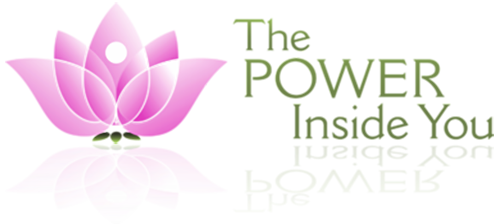
29 Aug Connecting the Dots: Listening in Communication
Effective and healthy communication requires much more than we give conscious thought to. We often overlook the necessary components of competent communication which causes us to lose the message or worse, to make the person opening up to us feel unheard or invalidated. The Lost Art of Listening by Michael P. Nichols clarifies communication and the issues surrounding it all of which are relevant to us in current times. The rise of technology has created new means of communicating with the world around us, facilitating long distance communication and giving a new meaning to face-to-face interactions, but, these achievements don’t come without collateral damage. For example, the erosion of our attention spans and the feelings of isolation even when communication with our loved ones is just a tap away are essentially the “new norm”.
We all want to be listened to and understood in one way or another but rarely ask what we can do to reciprocate that to others. Nichols claims that “we don’t really listen to each other” (Nichols, 1) and that this counterproductive practice is precisely the root of many, if not all, of our social issues,on a small or large scale.
One of the “secrets” of communications Nichols shares with us is that we must actively put aside our own agenda to give space to the information we are receiving and how we are going to respond to it. This practice is rooted in empathy which Nichols claims can only be achieved by trying to conceptualize the experience of others whilst leaving ourselves, and our egos, behind for the time being. It is something that goes past ensuring you don’t interrupt someone’s train of thought, being quiet as they speak or making eye contact with them throughout the conversation. He says to listen is to “pay attention, take an interest, care about, take to heart, validate, acknowledge, be moved…appreciate” (Nichols, 13).
Listening is powerful and can solidify the difference between misunderstanding and clarity, between feeling discomfort versus closeness towards your loved ones. It is the absence of listening that seems to speak the loudest and hurt the most.
The relevance of this aspect of communication is undoubtedly essential to improve the quality of relationships we establish and maintain. What if now you take a moment to reflect on it; think about the people you feel deeply connected to, think about how you feel in those conversations where you get the attention you need, where you experience acknowledgment and validation, even when disagreement might be present. Connect with the sensation in your body and soul when you get responses that move from “me too” to “I see you, I understand you”, or “tell me more about it”. When you receive genuine, unconditional, curious attention you experience a sense of freedom to be who you are. The space to experience acceptance expands.
Either if you have a memory that fits in what I described above or if you imagined it, it is time now to turn the attention to you. What kind of listener are you? Are you allowing the speaker to express themselves freely and genuinely without being judgmental? Are you listening without getting distracted with the many experiences you are hearing? Are you feeling the impulse to tell your story and/or give your advice? Then we are moving to the place I want you to experience: stop yourself and acknowledge this nudge of wanting to disrupt, to talk about you and your experiences. Then notice it is the speaker’s turn, tell yourself to wait for your turn (even if it would be another day) and offer him/her the quality of attention that would generate positive effects on that person and maybe even make her/him more open to listen to what you later can share.
Start today…. Start with your role as listener, a good, attentive listener. After that most likely the speakers will learn to offer the same quality of communication to you.


